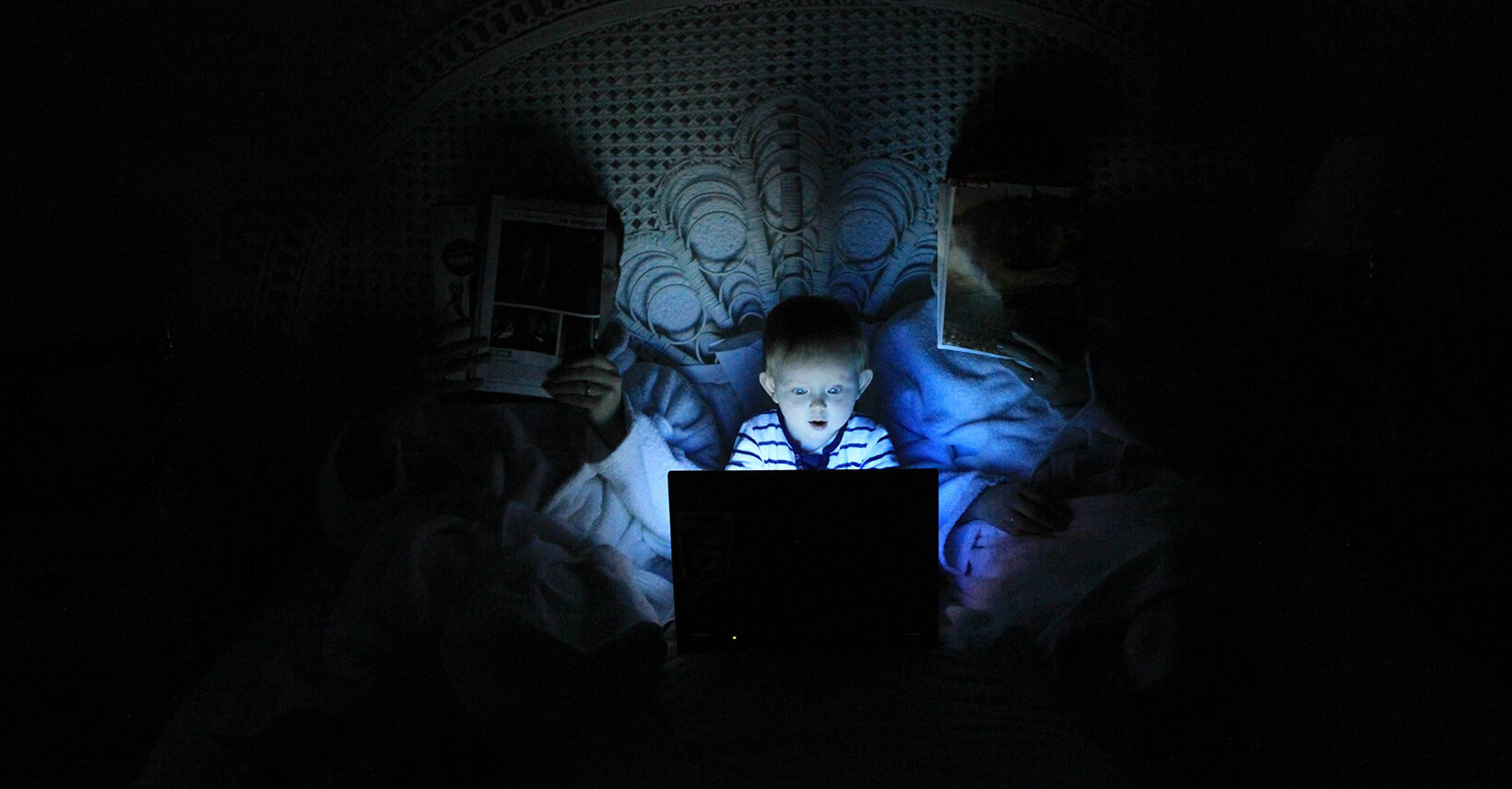


Parents around the world often find themselves struggling each night to get their little ones to sleep soundly. Infant fight sleep is a common and confusing challenge for many parents. But understanding the basic cause of baby fight sleep can help find a solution that will make both baby and parent feel at ease. Today we will talk about this question.
Babies of all ages will fight sleep. There are various reasons:
Here are suggestions to help your baby stop fighting sleep for your references:
Establishing a consistent bedtime routine can help your baby know that it's time to sleep. A bedtime routine might include activities such as a warm bath, gentle massage, reading a book, and singing a lullaby. Consistency is the key, so do all activities in the same order every night.
Creating a calm and soothing sleep environment for your baby can help him or her sleep tight. You need to keep the room dark, quiet, and at a comfortable temperature. Consider blackout curtains to block out light and a white noise machine to eliminate any distracting sounds.

Pay attention to your baby's sleep cues and try to get them to nap or go to bed before they get overtired. Signs that your baby is tired include rubbing their eyes, yawning, becoming fussy, or losing interest in toys or any other activities. Parents should respond to these cues in time. It will help prevent babies from becoming over-excited and make it easier for them to settle down to sleep.
Give your baby the opportunity to fall asleep on their own and teach them to self-soothe. Parents should put their baby down to sleep when they are drowsy but still awake, rather than wait until they are fully asleep. You can give them comfort and reassurance by patting their back or gently rubbing their tummy, but try to avoid picking them up every time they make a fuss.
Avoid exposing your baby to screens such as TVs, smartphones, or tablets before bedtime. The blue light can interfere with babies’ natural sleep-wake cycle, making it harder for them to fall asleep. Instead, choose quiet, calming activities that promote relaxation, such as reading a book or listening to soft music.
Remember that establishing healthy sleep habits takes time and persistence. Parents need to be patient with themselves and their babies during sleep training.
In short, understanding why babies fight sleep is always confusing for many parents. Babies often resist sleep due to many reasons, including natural curiosity, discomfort, and even separation anxiety. However, establishing a consistent bedtime routine, creating a quiet sleep environment, and recognizing the signs that your baby is tired can help your baby stop fighting sleep. Hope today’s gentle guidance can help you and your baby through this challenging phase together.
Q: How to put your baby to sleep in just 40 seconds?
A: Here are some methods that parents can try to help their babies fall asleep in the shortest time possible:
Note: Every baby is different, so it may take time to find what works best for your baby.
Q: How to get an overtired baby to sleep?
A: Getting an overtired baby to sleep can be a challenge. However, there are some gentle strategies that can help. First, it's important to establish a soothing bedtime routine to signal to your baby that it's time to sleep. This may include a warm bath, a gentle massage, or a quiet story time. It's also helpful to make sure that the sleep environment is conducive to your baby's rest - such as dimming the lights and reducing noise.
Another helpful tip is to give your baby comfort and reassurance. Gentle rocking or soothing lullabies both can make a baby feel safe and more willing to go to sleep.
Q: When do babies sleep through the night?
A: Parents often ask when babies start sleeping through the night. This question varies from baby to baby. Most babies start sleeping longer at night when they are 3 to 6 months old. During this time, they may snooze for 6 to 8 hours without waking up. As babies grow, their sleep patterns may change. Many babies begin to improve their sleep habits in their first year.

Lily Hou
An expert in sleep sack design, is a valued contributor to Kaiya Baby's blog. With a strong background in baby sleep bags and maternal care, she is highly regarded for her professionalism. Lily prioritizes baby comfort and safety in her designs, using high-quality materials. Her insightful articles on sleep bags have been featured in reputable publications and have gained a significant readership. Trust Lily to help you create a comfortable and safe sleep environment for your baby, backed by her proven track record in the industry.
Leave a comment
This site is protected by hCaptcha and the hCaptcha Privacy Policy and Terms of Service apply.